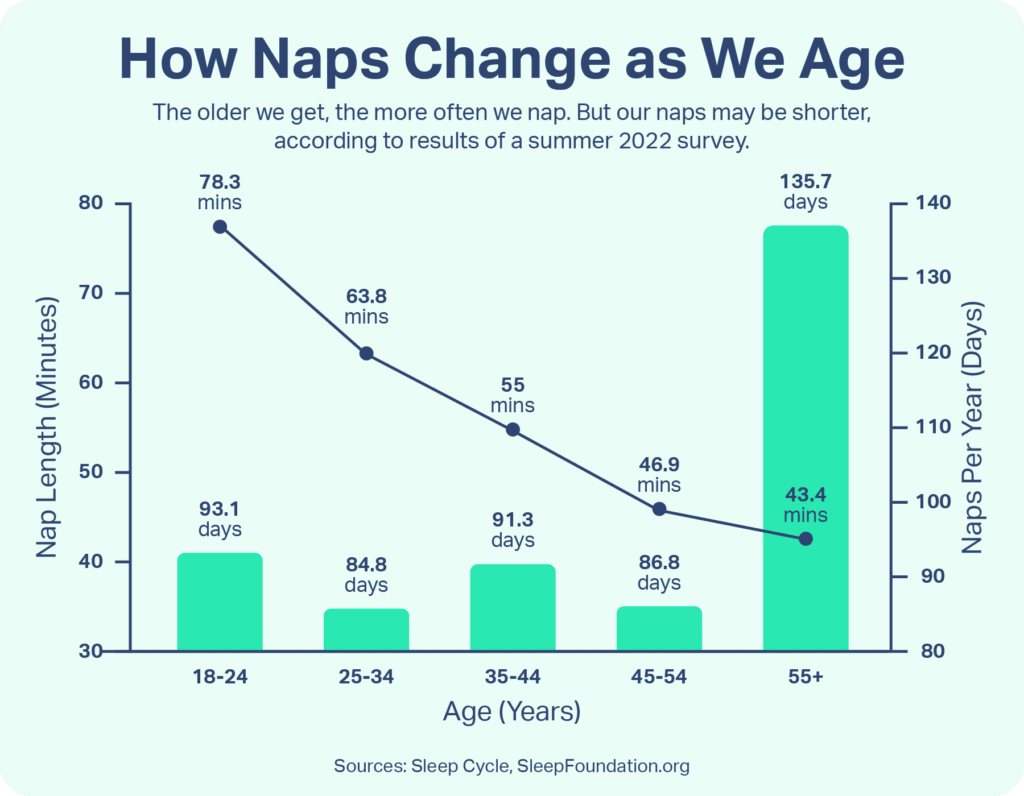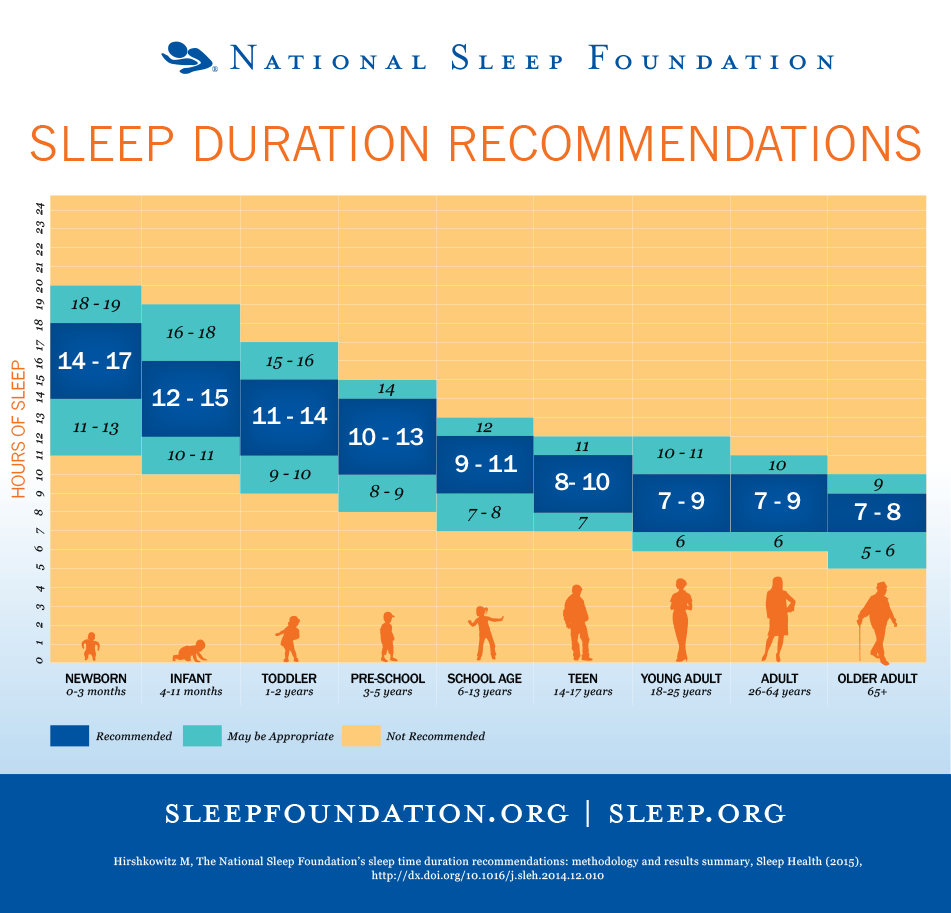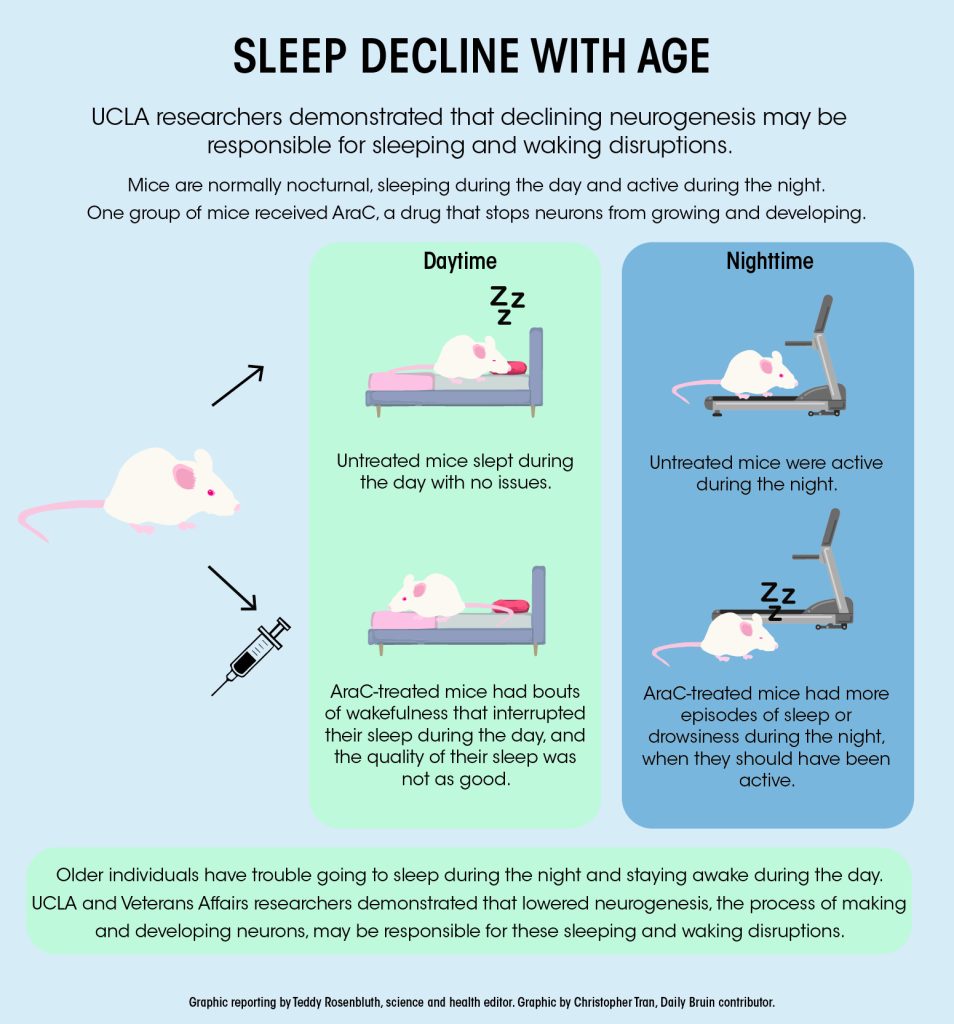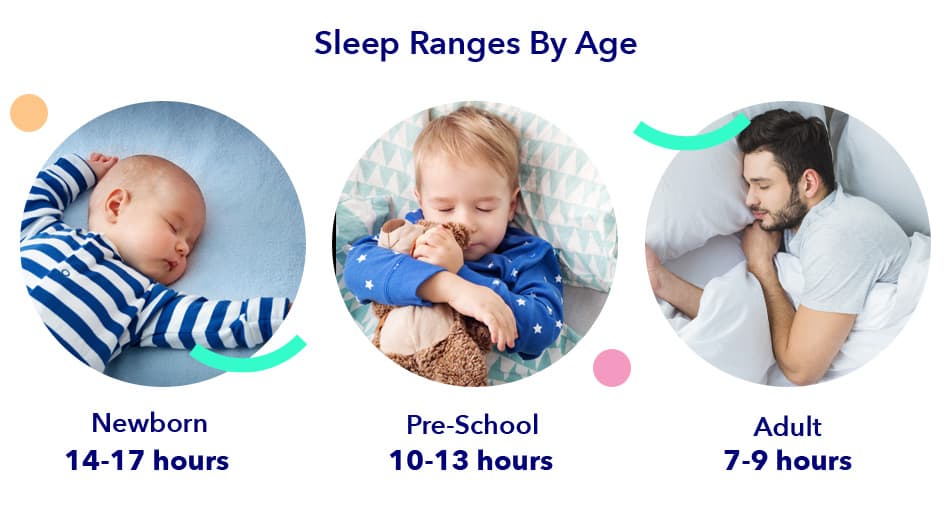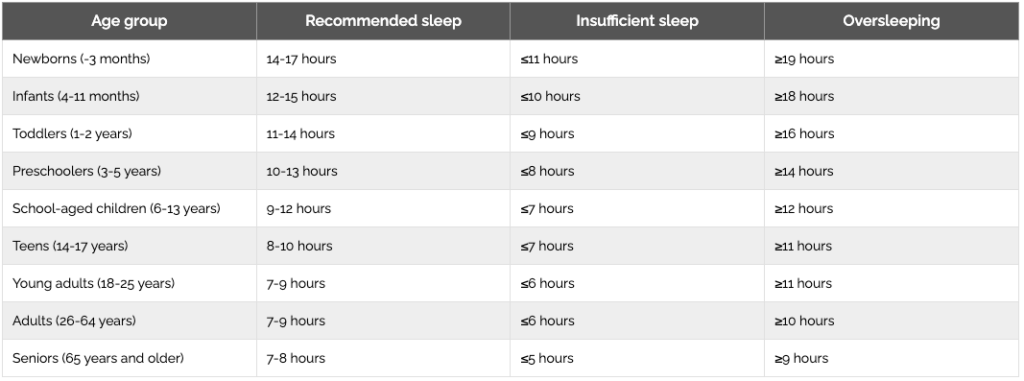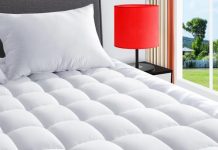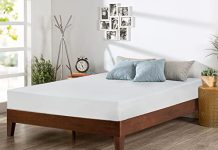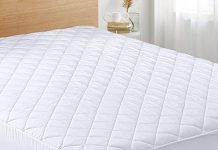As you go through different stages of life, your sleep patterns naturally evolve and change.
From the blissful, deep slumbers of infancy to the restless nights of adolescence and the nights of tossing and turning in adulthood, age plays a significant role in shaping how we sleep.
Understanding the impact of age on sleep patterns is essential for maintaining healthy sleep habits and overall well-being.
This article will explore the fascinating connection between age and sleep, uncovering the shifts, challenges, and discoveries that come with each passing year.
So, get ready to embark on a journey through the intricacies of the sleep patterns accompanying the different life stages.
Review contents
Infants and Children
Sleep patterns in infants
Sleep patterns in infants are notably different from those of older children and adults. Infants typically sleep for around 16 to 20 hours in 24 hours, divided into short periods throughout the day and night.
They have irregular sleep-wake cycles and often wake up multiple times during the night. This is primarily due to their need for frequent feedings and diaper changes.
Sleep patterns in children
As children grow older, their sleep patterns gradually change. Toddlers and preschoolers usually require about 11 to 14 hours of sleep per night and an additional nap during the day.
By the time they reach school age, their sleep needs decrease slightly to around 10 to 12 hours per night. During this stage, children tend to have more consistent sleep schedules and experience fewer disruptions during the night.
Adolescents
Changing sleep patterns during adolescence
Adolescence is a time of significant physical and emotional change, affecting sleep patterns. During this stage, teenagers experience a delay in the timing of their sleep-wake cycle, commonly known as “sleep phase delay.”
This shift makes it challenging for them to fall asleep early in the evening and wake up early in the morning. As a result, they often struggle with insufficient sleep during school days.
Effects of technology on sleep in adolescents
The use of technology, such as smartphones, tablets, and computers, has become commonplace among adolescents. However, excessive use of electronic devices before bedtime can negatively impact sleep quality.
The blue light emitted by these devices suppresses melatonin production, a hormone that regulates sleep. Additionally, stimulating activities, like playing video games or scrolling through social media, can make it harder for teenagers to unwind and fall asleep.
Young Adults
Sleep patterns in young adults
Young adulthood is a period of relatively stable sleep patterns. Most young adults require about 7 to 9 hours of sleep per night to function optimally. However, the timing of their sleep can vary depending on individual preferences, work schedules, and social commitments. Young adults must establish consistent sleep routines to maintain good sleep quality and meet their sleep needs.
Impacts of lifestyle and work schedule on sleep
Young adults’ lifestyle and work schedule can significantly impact their sleep patterns. Irregular work hours, night shifts, or rotating schedules can disrupt their circadian rhythm, leading to difficulties falling asleep or staying asleep. Furthermore, lifestyle factors such as excessive caffeine consumption, irregular meal times, and lack of physical activity can also contribute to poor sleep quality in young adults.
Middle-Aged Adults
Shifts in sleep patterns during middle-age
Middle-aged adults often experience changes in their sleep patterns. They may have difficulty falling or staying asleep, leading to fragmented sleep.
This transition is sometimes attributed to hormonal changes, increased stress, or age-related health conditions. Middle-aged adults must prioritize sleep and seek solutions for any sleep disturbances they experience.
Menopause and sleep in women
For women in their middle years, the hormonal changes associated with menopause can significantly impact sleep. Fluctuating levels of estrogen and progesterone can disrupt the sleep-wake cycle, causing night sweats, hot flashes, and insomnia. Managing menopause symptoms and establishing good sleep habits can help women navigate this transition and maintain healthy sleep patterns.
Midlife insomnia and sleep disorders
Insomnia is a common sleep disorder affecting middle-aged adults, particularly during stress or significant life changes.
Anxiety, work-related pressures, and family responsibilities can contribute to difficulty falling asleep or staying asleep. It is essential to address these underlying factors and develop strategies to manage stress to improve sleep quality during this stage of life.
Older Adults
Sleep changes in older adults
As individuals age, their sleep patterns naturally change. Older adults tend to experience a decrease in the overall amount of sleep they need, with most individuals requiring around 7 to 8 hours per night.
They may also find it harder to fall asleep and experience more awakenings during the night. Various factors, including age-related health conditions, medications, and changes in circadian rhythm, influence these changes.
Sleep disorders in older adults
Sleep disorders have become more prevalent in older adults. Conditions such as insomnia, sleep apnea, restless legs syndrome, and periodic limb movement disorder can disrupt sleep and lead to daytime sleepiness and fatigue.
Identifying and treating sleep disorders in older adults is crucial for maintaining their overall health and quality of life.
Effects of Aging on Sleep
Changes in sleep architecture with age
With age, there are changes in the sleep architecture, which refers to the different stages of sleep experienced during the night. Older adults may spend less time in deep sleep, also known as slow-wave sleep, and experience decreased REM sleep. These changes contribute to the feeling of lighter and less restorative sleep.
Reduced sleep efficiency
Sleep efficiency refers to the percentage of time spent asleep while in bed. Older adults often have reduced sleep efficiency, meaning they spend more time awake in bed. Factors like pain, discomfort, or the need for frequent bathroom breaks can interrupt sleep and reduce its overall quality.
Increased sleep fragmentation
Sleep fragmentation refers to frequent awakenings or interruptions during the night. Older adults may experience more fragmented sleep due to sleep apnea, restless legs syndrome, or bladder problems. This fragmentation can lead to feelings of daytime sleepiness and fatigue.
Increased daytime sleepiness
The combination of decreased sleep efficiency, increased sleep fragmentation, and changes in sleep architecture can contribute to increased daytime sleepiness in older adults. Daytime sleepiness can affect cognitive function, performance, and overall quality of life. Older adults must prioritize sleep and seek solutions to improve their sleep patterns.
Impact of Sleep Deprivation
Age-related consequences of sleep deprivation
Sleep deprivation can have significant consequences in individuals of all age groups. However, the impact may vary depending on the stage of life. In children and adolescents, inadequate sleep can impair growth, cognitive development, and emotional regulation.
Sleep deprivation can lead to decreased concentration, lowered productivity, and mood disturbances in young adults. Insufficient sleep is associated with an increased risk of falls, cognitive decline, and other age-related health issues in older adults.
Implications for mental health
Sleep plays a crucial role in maintaining mental health. Sleep deprivation has been linked to an increased risk of developing mental health disorders, such as depression and anxiety, across all age groups. Adequate sleep is essential for cognitive functioning and emotional well-being.
Implications for physical health
Inadequate sleep can have a detrimental impact on physical health. Sleep deprivation is associated with a higher risk of developing chronic conditions, including obesity, diabetes, cardiovascular disease, and immune system dysfunction. It is vital to prioritize healthy sleep habits to maintain overall physical well-being.
Sleep Disorders
Common sleep disorders in different age groups
Sleep disorders can occur at any age, but certain disorders are more prevalent in specific age groups. For example, children may experience sleep disorders such as nightmares, night terrors, or sleepwalking. Adolescents are more likely to develop insomnia or delayed sleep phase disorder. Older adults commonly face sleep disorders like sleep apnea, restless legs syndrome, or insomnia.
Age-related risk factors for sleep disorders
The risk factors for sleep disorders can also vary with age. Children may experience sleep disorders due to underlying medical conditions, stress, or irregular sleep schedules.
Adolescents may be at a higher risk due to academic pressures, technology use, or hormonal changes. Older adults are more susceptible to sleep disorders due to age-related health conditions, medications, and changes in sleep architecture.
Treatment considerations
Treating sleep disorders requires a comprehensive approach addressing underlying causes and improving overall sleep hygiene.
Treatment options range from behavior modifications and lifestyle changes to medication and therapeutic interventions. Seeking professional help from sleep specialists can provide valuable guidance and support in managing sleep disorders effectively.
Promoting Healthy Sleep
Sleep hygiene habits for different age groups
Promoting healthy sleep habits is crucial at every stage of life. For infants and children, establishing a consistent bedtime routine, creating a soothing sleep environment, and enforcing regular sleep schedules can help develop healthy sleep patterns.
Adolescents benefit from setting boundaries on technology use before bedtime and prioritizing sufficient sleep. Young and middle-aged adults should maintain consistent sleep schedules and incorporate stress management techniques. Older adults can benefit from ensuring a comfortable sleep environment, managing medications, and addressing underlying sleep disorders.
Creating an optimal sleep environment
Creating an optimal sleep environment is essential for promoting quality sleep.
This includes ensuring a comfortable mattress and pillow, controlling noise and light levels, maintaining a cool temperature, and minimizing distractions. An ideal sleep environment can enhance sleep quality and contribute to overall well-being.
Seeking professional help when needed
If sleep problems persist or significantly impact daily life, it is advisable to seek professional help.
Sleep specialists can provide accurate diagnoses, recommend appropriate treatment options, and offer guidance on improving sleep hygiene habits. Prioritizing and addressing any sleep-related concerns is essential to maintain good sleep health.
Conclusion
Sleep patterns change throughout the various stages of life, and age plays a significant role in influencing these patterns.
From the irregular sleep-wake cycles of infants to the challenges of sleep phase delay in adolescents, the impact of age on sleep cannot be underestimated.
Understanding these changes and implementing strategies to promote healthy sleep habits can optimize sleep quality and contribute to overall well-being at every age.
Individuals can achieve restful nights and energized productive days by prioritizing sleep and seeking professional assistance.


